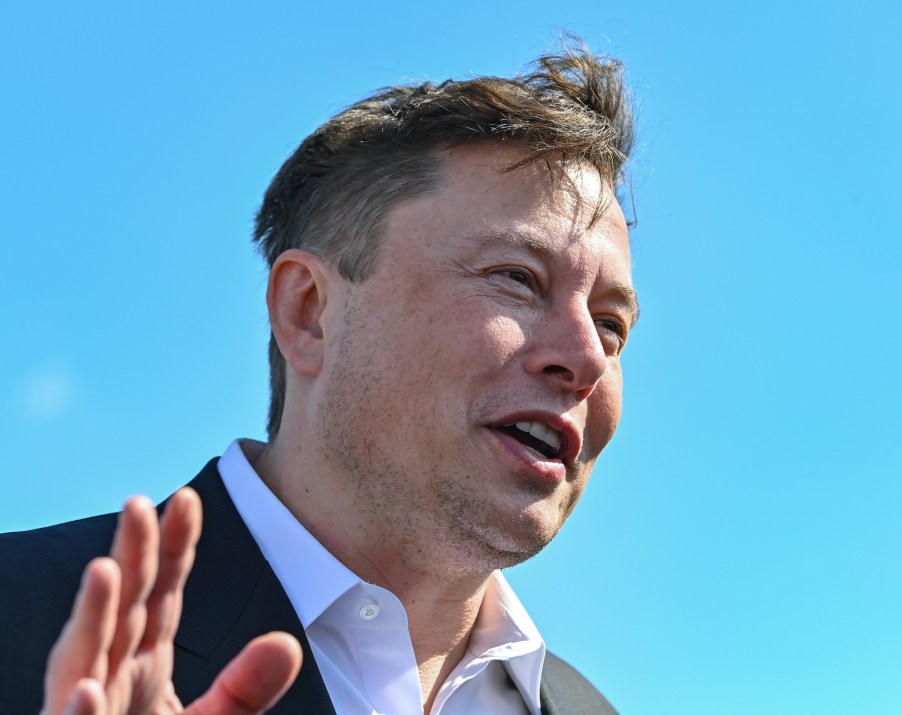
Elon Musk Says Tesla Won’t Build a Factory in India Unless the Automaker Gets a Tax Cut
Halfway through 2021, Tesla continues to be a study in contrast. Its EVs have low reliability ratings, but people are still thrilled to own them. Last year, the company made headlines when it surpassed Toyota in market cap, but no one would legitimately argue Tesla’s current value is truly higher than Toyota’s. What makes Tesla so interesting is the way the company constantly pushes the envelope. Not since Steve Jobs’ fabled return to Apple has a company leader been as polarizing and fascinating as Elon Musk.
Musk’s influence on Tesla

Along with the CEO position, Musk also holds the title of “Technoking” and has gone on record saying that Tesla would die if he were no longer in charge. If the Tesla shareholders he seems to be locked in constant battle with get their way, that could happen sooner rather than later. But for the moment, Musk remains in charge and is constantly seeking a great location for the automaker’s next factory.
Part of Tesla’s success is Musk’s commitment to pinching pennies. For example, Forbes reported that Musk threatened to close his California plant, move Tesla’s operations somewhere else, and sue the state. What was California’s offense? It kept the plant closed as COVID-19 ravaged the nation in mid-May 2020. This isn’t the only example of Musk running his plants as cheaply as possible, either.
Musk’s quest for tax incentives
Tax incentives for a plant in Texas totaled over $100 million, according to a Tesla earnings call covered in The Washington Post. With various U.S. cities falling all over themselves to subsidize Tesla factories, it seems Musk would be looking abroad only if he could take advantage of tax laws there as well. So far, he has expressed significant interest in setting up in India, but the Indian government has been reluctant to give Tesla special financial treatment.
To protect its economy, India levies a 100% import tax on any vehicles over $40,000 — which includes the vast majority of Tesla’s EVs. Vehicles under $40,000 are taxed at 60%, which is still prohibitive. However, Quartz India reported that the sale of Tesla vehicles in India is imminent even if a factory is not. Nitin Gadkari, the country’s transport minister, reported that India would look into the options to open a Tesla plant locally if vehicle sales show promise.
Meeting in the middle
Business Insider reported that Tesla is willing to take the import tax hit at around a 40% level rather than the 100% currently in place. Whether that’s enough to persuade Tesla’s leadership to set up shop without a huge subsidy is unclear. An additional wrinkle is that India isn’t allowed to bend the rules for Tesla. Teslarati explained that Indian officials specifically prohibit “company-specific incentives,” which might have contributed to GM’s failure in the region.
Despite its attempts to attract Musk and Tesla, India knows it can’t change rules across the board and potentially invite unlimited foreign competition. Tesla is a fascinating company whose stock has been through the roof for years. A partnership with India makes sense if the costs shake out for everyone involved. But with Musk’s spending habits, the numbers need to be favorable to Tesla for the partnership even to be considered. And if India relaxes its import tax burden, it’s possible another nascent electric car company could horn in on Tesla’s business.
It’s no surprise Musk is holding out for more favorable terms. With Tesla’s position in the market, he has the power to do so. If things fall into place, Tesla could open itself to a market of over a billion Indians. But Tesla has no reason to capitulate for anything less than the best terms after being catered to for years. On the other hand, EV buyers are no longer earning tax credits in many cases.


